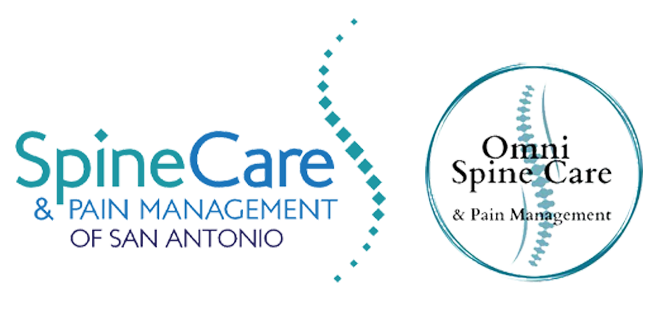
How’s your posture? It matters. It looks better when you are healthy, but not having good body alignment can also have surprising implications for your health and well-being. Let’s look at five ways bad posture is bad for your mental and physical health.
Neck and Back Pain
An achy neck or back is one downside to having poor posture. Improper alignment places added strain on muscles that support your spine, whether it’s the cervical spine in your neck or your lumbar spine in your lower back. Neck pain often comes from sitting at a desk, in front of a computer screen, in an ergonomically unfriendly manner. Ideally, your neck should be in a neutral position when you stare at your computer screen. If you’re looking up or down, it places more strain on the muscles in your neck and shoulders.
Likewise, sitting in a chair tightens your hip flexors, the muscles that pick up your leg when you walk or climb stairs. Healthy hip flexors, ones that are strong but not too tight, help stabilize your core and that increases your risk for back pain. One way to prevent tight flexors is to take breaks from sitting every half-hour. Stand up, walk around, and stretch.

Headaches
If you have chronic headaches, take a look at your posture. Poor posture places added strain on the muscles in your neck and shoulder and that can cause headaches, especially if you hold a position for long periods of time. The pain of a posture headache may be dull or throbbing and is usually at the base of the back of the head.
Text neck is another problem that can trigger headaches. When you look down at a device, like your phone, it magnifies the stress on your neck many times. At an angle of 60 degrees, for example, the force on your neck approaches 60 pounds. Holding your neck still for long periods also worsens the problems. Always get headaches evaluated by a trained professional, but if there’s not an obvious reason, work on improving your posture.
Disc Problems
Sitting or standing with poor posture stretches the ligaments in your spine. Over time, the constant stretch and pulling strains the cervical discs and can lead to a disc herniation. The more you sit with poor posture, the more pressure you place on the discs in your spine and the greater the risk of disc problems. In fact, studies show prolonged sitting with poor posture reduces the height of discs in the spine. Stretching is beneficial, as is strengthening the muscles in your neck and back, but yoga is helpful too. A study found that yoga practitioners had healthier spines, as confirmed by imaging, and were less likely to have degenerative disc disease.
Digestive Problems
You might not think your posture affects your organs of digestion, but they can. According to Harvard Health Publishing, slumped posture increases pressure inside your abdominal cavity, and this can cause acid to move in the wrong direction, from the stomach into your esophagus, leading to acid reflux and indigestion. They also point out that slouching may slow movement of food through the digestive tract and lead to feelings of fullness, bloating, or indigestion. If you have digestive issues, eat smaller meals, slow down the pace of your meals, and work on your posture. You’ll digest your food best without the added pressure slumping places on your digestive organs.

Anxiety and Fatigue
When you slump when sitting or standing, your lungs have less room to inflate, so it becomes harder to take full, deep breaths. Unconsciously, this can lead to faster, more shallow breathing. The effects of fast, shallow breathing are a rise in blood pH as you blow off more carbon dioxide. This leads to anxiety and exacerbates stress. Also, taking shallow breaths reduces oxygen delivery to your brain and other organs, leading to fatigue. As you can see, the effects of poor posture aren’t confined to your muscles, ligaments, and spine, it affects other organs too.
The Bottom Line
Your spine supports your body and is a foundation for health and healthy movement. As you can see, poor posture affects your neck, back, and spine, but it can have “deeper” effects by influencing breathing and digestion. Don’t let bad posture become a habit that affects your health and well-being. Change your sitting habits, take more breaks, and strengthen and improve flexibility of the muscles in your neck and back.
Ready to live a pain-free life? Schedule a consultation by clicking here.

